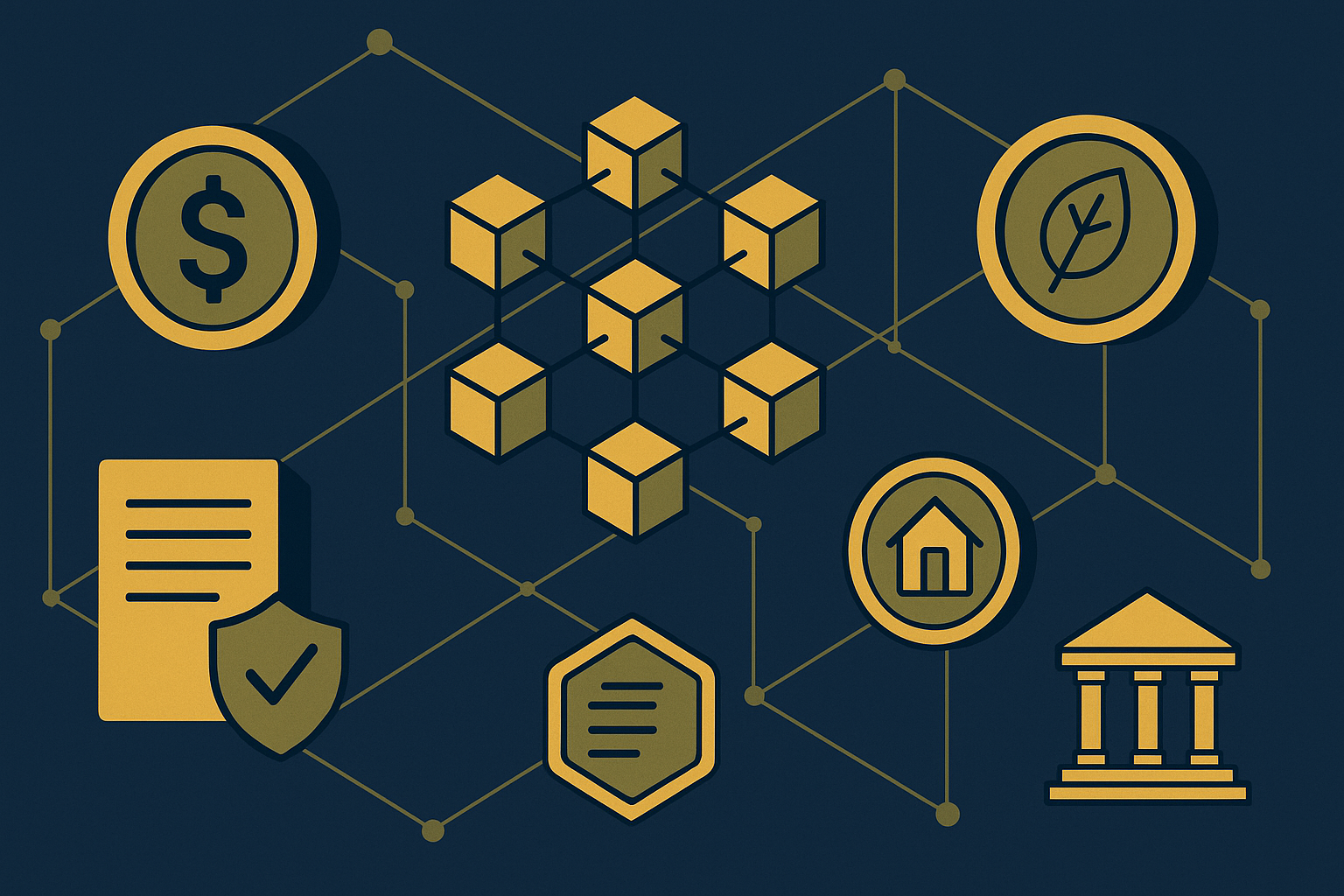
ICOs aren’t dead—they’ve evolved. The label now spans a spectrum of token-generation events run through centralized launchpads, DEX offerings, private rounds, and region-specific frameworks like the EU’s MiCA. What’s constant is the rising bar: regulators are more active, exchanges and launchpads are choosier, investors are more skeptical, and technical attack surfaces are larger. In this climate, “ship a contract and a website” is no longer a strategy—it’s a liability.
Expert ICO development services exist to knit together the full stack—compliance, tokenomics, audits, infrastructure, data rooms, launchpad and listing readiness, GTM and community, on-chain analytics, and post-sale controls—into one cohesive, defensible program. This article explains why that end-to-end capability is now essential, how it changes outcomes, and what to look for in a partner.
1) Market reality: more scrutiny, higher friction, fewer second chances
The ICO wave of 2017–2018 produced hard lessons: failures, scams, exchange crackdowns, and stricter oversight. Today, the environment is unforgiving in different ways:
Regulatory activity is persistent, with regulators across the U.S., EU, and Asia actively pursuing enforcement.
Europe’s MiCA framework is phasing in, with a transitional period until 2026 that requires careful planning.
Security incidents keep rising, with billions in losses from hacks in the past two years alone.
Investor due diligence has matured. Launchpads and exchanges demand audits, KYC/AML, and robust disclosures before listing or featuring a sale.
In other words, today’s crowded market isn’t just about more projects—it’s about higher thresholds across law, security, and distribution. Meeting those thresholds efficiently is where expert ICO development services make the biggest difference.
2) Regulation is a product requirement—not an afterthought
A credible sale plan starts with a legal/compliance map aligned to where your users are and where your team operates.
What experts do
Regulatory scoping by jurisdiction, mapping the project’s token features to conservative interpretations of applicable laws.
KYC/AML orchestration with the right mix of standard and enhanced due diligence, sanctions screening, and geofencing.
Disclosure management: writing a factual, risk-aware whitepaper, ensuring consistency between marketing and legal materials.
MiCA-aware roadmaps for EU reach, aligning with transitional allowances while preparing for full compliance.
Why it matters
Regulatory mistakes compound. A mis-scoped campaign can poison launchpad discussions, block exchange listings, and undermine investor trust. Expert teams institutionalize “compliance by design,” shrinking risk and unlocking channels that amateurs never reach.
3) Security must be engineered like safety-critical software
Your token contract and sale infrastructure face adversaries with budgets. Professional services are the difference between a “passed audit badge” and provable risk reduction.
The professional playbook
Threat modeling tailored to sale mechanics and token architecture.
Multi-party audits and remediation with proof, not just a one-time pass.
DevSecOps hardening of sale backends with rate-limiting, access controls, and automated monitoring.
Incident readiness: runbooks for pausing sales, revoking keys, and notifying communities.
Security lapses don’t just cause financial losses—they can destroy reputations. In a crowded market, safety is a competitive edge.
4) Tokenomics that align incentives—and survive real markets
Most token models fail not because math is wrong, but because incentives are. Experts design systems that minimize reflexive sell pressure and sustain user value.
What “expert tokenomics” includes
Utility and rights definition: clearly defining token purpose and user benefits.
Supply schedule tied to product milestones and usage metrics.
Vesting and lockups that align team/advisor incentives with long-term growth.
Market microstructure planning for launch pricing, liquidity pools, and stability.
Scenario analysis to test resilience under stress conditions.
The difference shows up in post-TGE retention, not just day-one hype.
5) Distribution: launchpads, exchanges, and the due-diligence gauntlet
Getting onto a reputable platform is a moat. The gauntlet typically includes:
Legal and compliance screening
Technical diligence
Business viability assessments
Expert ICO development teams build the data room that underpins this: audit attestations, penetration test summaries, cap tables, legal opinions, risk disclosures, treasury policies, and GTM evidence. That preparation doesn’t guarantee a listing—but it makes serious platforms take you seriously.
6) Investor trust is earned in your process, not your pitch
Past cycles left investors wary of aggressive bonuses, shallow whitepapers, and anonymous teams. Today, transparency and process matter most.
How experts change the signal:
Transparent, version-controlled documentation
Clean and fair sale mechanics
Proactive community communications with verifiable milestones
Institutional-grade KYC/AML integration
Trust compounds; so does doubt. Expert process helps you compound the right thing.
7) Go-to-market and community that converts and complies
A sale’s marketing strategy must clear two hurdles: win attention and avoid regulatory missteps.
What professionals deliver
Positioning and narrative rooted in real milestones
Owned-channel readiness with secure, verified communications
Launch sequencing to avoid chaos and ensure credibility
Cross-platform compliance review
Community safeguards against phishing and misinformation
Professional shops connect the dots between GTM, legal, and security, so your loudest week isn’t your riskiest.
8) Treasury, custody, and post-sale controls
Raising funds in volatile assets requires institutional discipline:
Multi-sig custody and role-based access
Diversification strategies and staged conversions
On-chain analytics to monitor token distribution
Transparent treasury and development progress reporting
With billions lost to mismanagement and theft, these are no longer optional.
9) The build-vs-buy decision: why specialists pay for themselves
DIY seems cheaper until you add hidden costs:
Rework and delays
Security incidents
Opportunity cost of founders handling compliance and security instead of product
Legal exposure
A senior ICO services partner compresses risk, speeds time to market, and provides credibility that DIY can’t match.
10) What great ICO development services actually do
A. Strategy & foundation
Feasibility, token utility validation, and whitepapers
B. Compliance & risk
Jurisdictional scoping, KYC/AML integration, marketing compliance
C. Engineering & security
Smart-contract development, multi-firm audits, DevSecOps
D. Distribution & liquidity
Launchpad packaging, market-maker coordination, liquidity planning
E. GTM & community
Documentation hubs, community security, campaign compliance
F. Post-sale operations
Treasury management, governance bootstrapping, quarterly reporting
11) “Crowded market” playbook: how experts create real edges
Regulatory access to U.S. and EU users through compliant design
Platform credibility via complete audits and legal readiness
Security signaling that reduces buyer hesitation
Tokenomics fit aligned with product and exchange expectations
Operational discipline in treasury and governance
12) Case snapshots
Exchange-first preparation: a project secured fast-track listings by having audits and compliance materials complete.
Security as marketing: a DeFi protocol used public audits and a bug-bounty program to attract trust.
MiCA-aware expansion: a gaming token structured its EU go-to-market plan around transitional compliance windows.
13) How to evaluate an ICO development partner
Ask about:
Compliance expertise and KYC/AML SOPs
Security maturity and multi-firm audits
Tokenomics rigor and scenario modeling
Launchpad/listing readiness and past track record
GTM with compliance guardrails
Post-TGE treasury and governance support
14) A practical roadmap for founders (90-day template)
Days 0–15: token utility mapping, legal scoping, draft docs
Days 16–45: contract development, audits, KYC integration
Days 46–70: launchpad applications, audit publication, community setup
Days 71–90: dry runs, incident drills, TGE launch, reporting
Conclusion
In a crowded market, the scarce commodity isn’t attention—it’s credibility. Regulators watch more closely, exchanges list more selectively, attackers probe more relentlessly, and investors demand better process. Expert ICO development services don’t guarantee success, but they materially change the odds by:
Turning regulation into a design constraint you can meet
Converting security from a badge into an engineered property
Designing tokenomics that align behavior through the volatile months after TGE
Building the data room and GTM discipline that unlock launchpads and listings
Installing post-sale controls that keep your project resilient
If your goal is to compete not just launch partnering with specialists is no longer optional. It’s how you clear the bar that the market, the law, and reality now set.









Write a comment ...